A mosque in the Malabar Coast in the period 1919-1929. Note the traditional architecture very similar to any other structure in the region. The influx of money from the Gulf replaced these with the dome structure, removing a big cultural legacy that was essentially a trademark of the integration of the Mappila community into the society in Kerala.
Looks like a muslim village by the riverside.. Above ankle dressing and bearded figures.
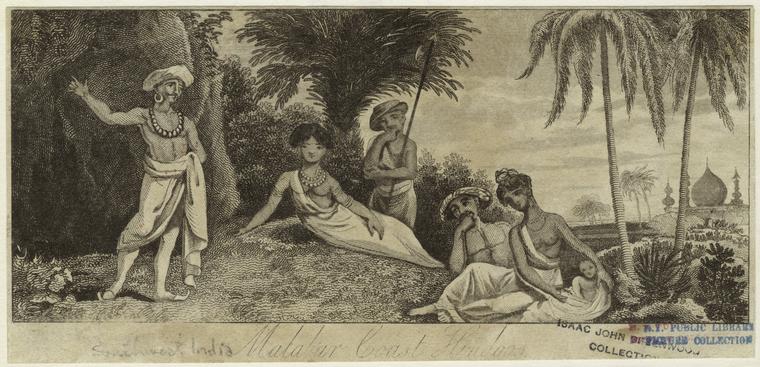
From a military officer's collection dated 1800-1899. See a domed structure in the distant background? What could that have been?
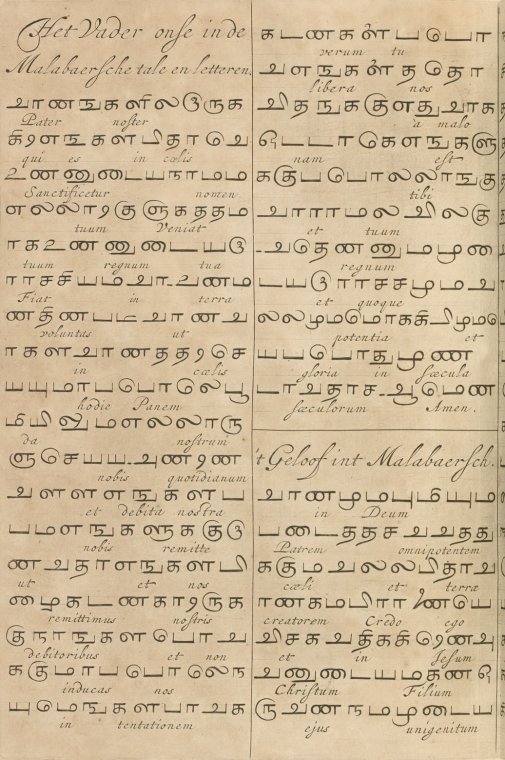
Het Vader onse in de Malabaerishe tale en letteren. (1672)
Old Malayalam script I guess.
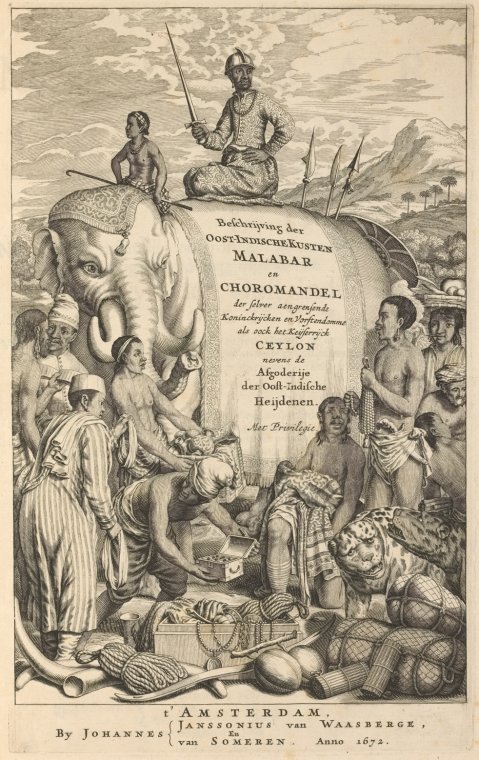
This is what google Dutch - English translation could tell me ( why dutch ? - guessing from the era ;) )
Accurate to describe and Coromandel Malabar, of adjacent ryken yourself, and the mighty land Ceylon ... Together with a detailed discovery and searched and grondigh wederlegginge afgoderye of the East India Heyden. Where inne der yourself largest geheymenissen, so Uyt the eygene writings, as t'zamenspraak and bywooninge of the principal Brahmins, and other Indian law scholars, faithfully been kicking revealed, being here by gevoeght a Malabar Australian voice constable; very dienstigh for all who desire it being countrymen to go ... By Philip Baldaeus
The man in the full dress looks like an Arab. Can anyone figure out what this is?
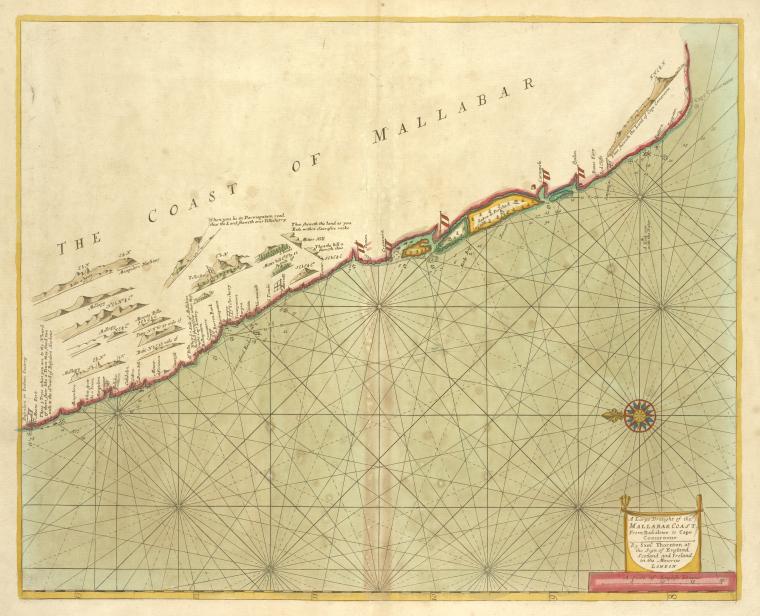
A large draught of the MALLABAR COAST from bassalore to cape comaroone
Map of Malabar 1702 ( This gives a good overview of how people in those days felt the distances. Notice the comparitive distances between the towns )
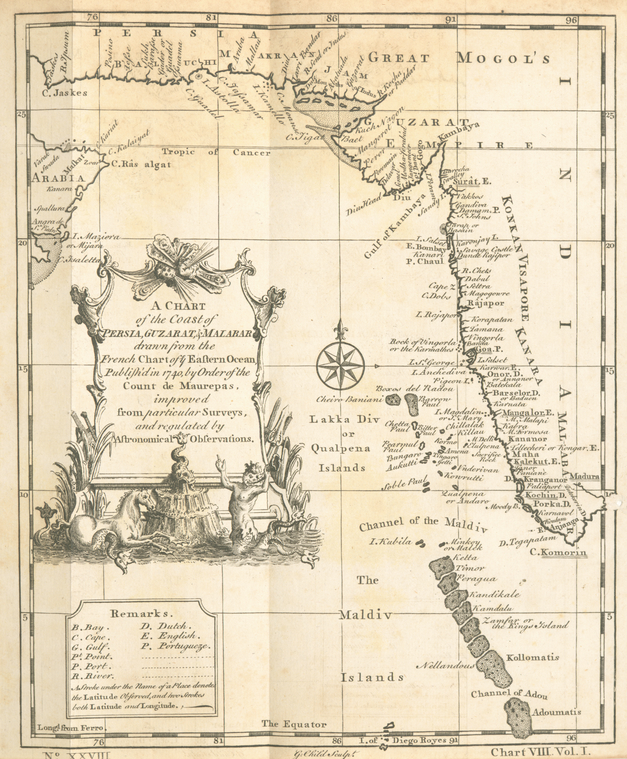
: A chart of the Coast of Persia, Guzarat & Malabar.
1730-1753
(Note here the intense knowledge of multiple towns on the coastal areas while almost no awareness of any of the inner regions and the assumed sizes of the tiny coastal islands.)
Photos: Courtesy New York Public Library Digital Archive
http://digitalgallery.nypl.org/nypldigital/dgkeysearchresult.cfm?word=malabar
Permissions
1. Low Resolution Files (Only Non-Commercial Uses Allowed). Materials downloaded from the NYPL Websites may only be used for personal, educational, or research purposes. They may not be used for commercial purposes.


Masha Allah.. very good work
ReplyDeletekeep it up
Nabeel السلام عليكم,
ReplyDeleteDo you think the photograph of the Masjid (first image) in this article is Muchantipalli in Kuttichira, Calicut. I had seen in some other websites that this is Madayi Jumath palli. hope this link to Muchantipalli will help you to fix it.
http://blog.calicutheritage.com/2013/02/muchunti-mosque-could-it-be-muchanti.html
http://www.p4panorama.com/panos/kuttichra/index.html
Regards
Thoufeek Zakriya
@Thoufeek
ReplyDeleteI don't recall the URL now, but I do remember reading in the original source where this photograph first appeared mentioning that the mosque was Muchunti Palli. I haven't seen the Madayi palli in it's original form. The structure does look pretty much like the Muchunti structure.
The picture dated 1672 is not written in Malayalam at all. It is Tamil. The first lines read as "Vaanangalil irukkum engal pitaave unnudaiya naamam ellaarukkum satthamaaga...". It is written in modern Tamil script with old writing styles.
ReplyDeleteTrue. I should have known it better. Thanks for the correction.
ReplyDelete